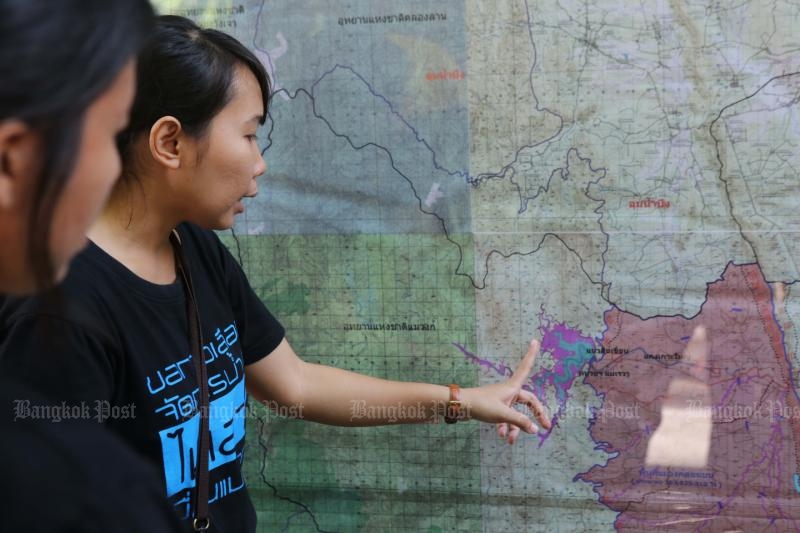
The Royal Irrigation Department, which is constructing the controversial Mae Wong dam in Nakhon Sawan's Lat Yao district, has insisted it will complete all environmental and health impact assessment procedures before the scheme goes ahead.
Deputy director-general Narong Leenanon said on Saturday the assessment would be in line with the Central Administrative Court's ruling on Nov 24 that decreed a cabinet resolution approving in principle the construction of the controversial dam should stand. It rejected an environmental group's bid to derail the project.
It also rejected calls for a referendum on the dam, but said the government must complete all environmental and health impact assessment (EHIA) procedures before the scheme can go ahead.
The Stop Global Warming Association and 151 people representing environmental groups filed a lawsuit with the Central Administrative Court in July 2012 asking it to nullify the cabinet resolution of April 10, 2012, which agreed in principle with the construction of Mae Wong dam in the Mae Wong National Park in Nakhon Sawan province.
It also asked the court to order the government to conduct a referendum on the project before it pressed ahead. Mr Narong said the project will not be affected by the court's verdict as it clearly said that the project will be legally carried out once the EHIA study is approved, which is normal practice.
He said the department will not go back to step one in the processing of the EHIA study but will focus instead on how to handle the experts' concerns over the impact on people and wildlife, and mitigation plans.
"We have submitted the EHIA study five times and there are still questions that we need to answer to make sure that we can control both the impact on humans and wildlife. It is being processed," he said.